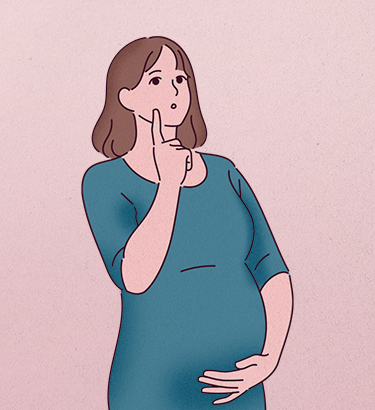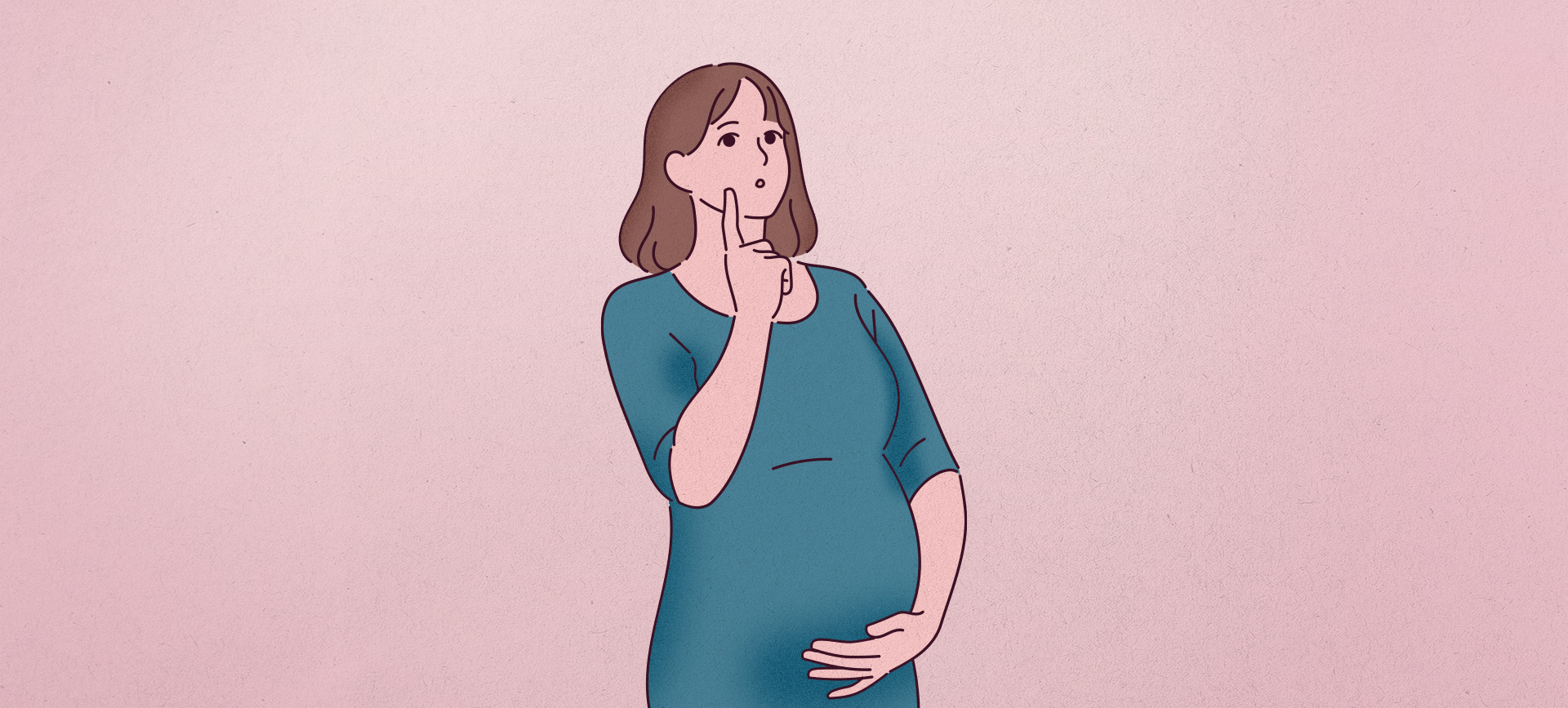
Elizabeth King, a certified fertility coach and mother, didn't think to tell her OB-GYN about carpal tunnel symptoms for months. "It just didn't seem relevant to my pregnancy," she said of the tingling and numbness in her hands.
But when she finally did tell her doctor, she learned carpal tunnel is actually a common side effect of pregnancy. This is because during pregnancy, your blood volume increases anywhere from 20 percent to 100 percent, which likewise increases swelling and pressure throughout the body. Just nine veins and one nerve pass through the carpal tunnel area of your wrist, so it doesn't take much swelling for that nerve to be compressed, causing the telltale tingling.
Wearing wrist braces at night and using a keyboard designed for proper ergonomic positioning of your hands can help alleviate symptoms.













